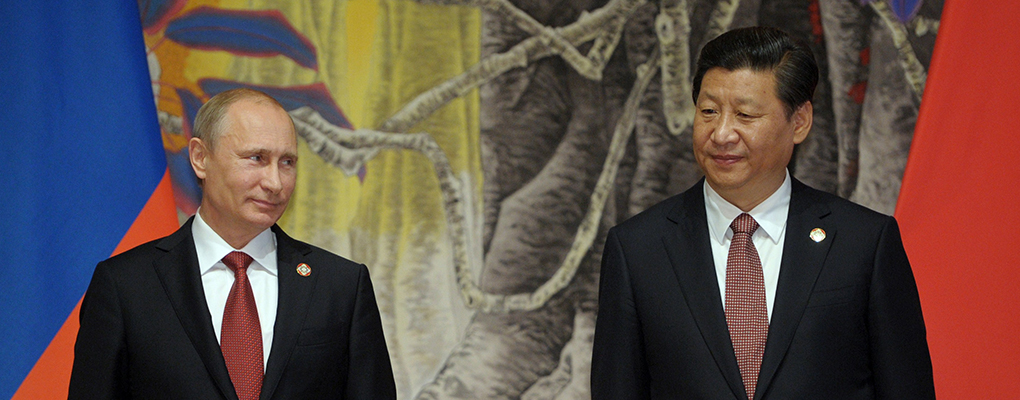
On May 8, Russia and China signed various new deals for finance, trade, transportation and energy, with the purpose of strengthening their economic partnership. A cooperation decree has also been signed to bring the recently-formed Eurasian Economic Union into the fold.
“The integration of the Eurasian Economic Union and ‘Silk Road projects’ means reaching a new level of partnership and actually implies a common economic space on the continent,” Russian president Vladimir Putin is reported as saying after a meeting with Chinese Premier Xi Jinping.
China has pledged to invest $5.8bn into the project, which is estimated to cost over $20bn
One of the schemes agreed for collaboration is the 800km long Moscow-Kazan High Speed Railway that will connect the two countries though Kazakhstan. According to The Moscow Times, a top speed of 400km per hour can be reached on the new line, which will cut the current 14-hour journey time by over 10 hours. China has pledged to invest $5.8bn into the project, which is estimated to cost over $20bn.
An energy contract was also signed between the largest gas suppliers of the two nations – China National Petroleum Corporation and Gazprom. The state-owned companies have agreed upon the provision of 30bcm of gas to China per annum, via what is known as the Western route – the Altai. Once the project is complete, China will become Russia’s biggest customer for gas, considerably outstripping the 40bcm it currently supplies to Germany each year.
Since its annexation of Crimea in 2014, Russia has actively sought closer political and trade relations in Asia, as well as with neighbouring states. Similarly, China is also making moves to consolidate its influence in the region, including the formation of a closer alliance with Pakistan and laying the foundations for the Asian Infrastructure Investment Bank – the region’s first development bank that is independent from the World Bank and IMF – explicitly, the first of its kind that is free from Western control. With both powerful states now moulding a landscape in the East that is economically integrated and autonomous from the West, it would seem that the international arena soon faces a rebalance of power that is gradually tipping away from the current status quo.


